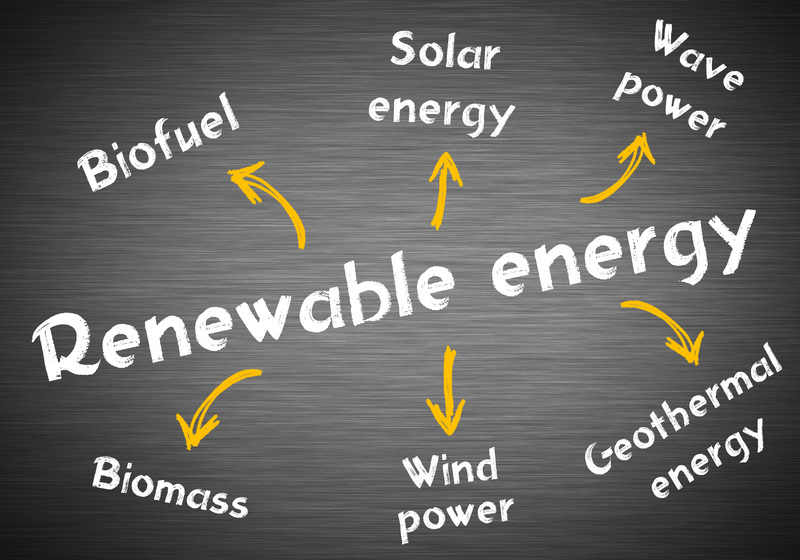How Glass Recycling Impacts Our Planet
In recent years, the concept of sustainability has garnered significant attention. As the planet grapples with environmental challenges, the importance of recycling cannot be overstated. Among the myriad materials that can be recycled, glass holds a special place due to its unique qualities and environmental benefits. This article delves into the multi-faceted impact of glass recycling on our planet, exploring its environmental, economic, and societal dimensions.
Environmental Impact of Glass Recycling
1. Reducing Waste in Landfills
One of the most direct benefits of glass recycling is the reduction in the volume of waste that ends up in landfills. Glass, being non-biodegradable, can sit in these waste sites for thousands of years if not recycled. By repurposing glass, we significantly diminish the burden on landfills and mitigate the environmental hazards they pose.
2. Conserving Natural Resources
Recycling glass effectively conserves natural resources such as sand, soda ash, and limestone, which are required in large amounts for the production of new glass. Every ton of recycled glass can save over a ton of these materials, highlighting the efficiency of recycling processes and the sustainable practices they promote.
3. Energy Savings
The energy savings achieved through recycling glass are substantial. Producing new glass products from recycled materials uses approximately 30% less energy compared to creating glass from raw materials. This reduction in energy consumption translates into decreased greenhouse gas emissions, thus playing an essential role in combating climate change.
4. Decreasing Pollution
By recycling glass, we can significantly reduce pollution. The manufacturing of new glass from raw materials generates air and water pollutants. In contrast, when glass is recycled, there are virtually no emissions of air pollutants. This helps maintain cleaner air and water, which are vital for ecological balance.

Economic Impact of Glass Recycling
1. Job Creation
Glass recycling presents several economic advantages, chief among them being job creation. The recycling industry, including collection, processing, and manufacturing, supports a wide array of jobs. By increasing the rate of glass recycling, communities can fuel local economies and support meaningful employment opportunities.
2. Cost Efficiency
Recycling glass can be more cost-effective than producing new glass from scratch. The cost associated with collecting and processing recycled glass is often lower because of the savings in energy and raw material consumption. Many industries recognize the cost benefits of using recycled glass, which further supports market demand.
3. Boosting Local Economies
Local economies benefit profoundly from robust recycling programs. The money saved and earned through the recycling process circulates back into the community, supporting other local businesses and public services. This self-reinforcing cycle exemplifies how recycling is not only an environmental necessity but also an economic opportunity.
Societal Benefits of Glass Recycling
1. Community Engagement
Recycling initiatives fuel community involvement and awareness about environmental stewardship. By participating in glass recycling programs, residents adopt eco-friendly practices, fostering a culture of sustainability that can inspire the next generation.
2. Educational Opportunities
The need for public education on recycling presents opportunities to teach citizens, especially younger generations, about environmental conservation. Programs that educate on the implications of glass recycling ensure communities are informed and committed to sustainable practices.
3. Encouraging Responsible Consumption
Through active engagement with recycling programs, individuals become more aware of the impacts of their consumption habits. This awareness can lead to more responsible purchasing decisions, promoting products made from recycled materials and further supporting the recycling industry.

Challenges and Solutions in Glass Recycling
1. Contamination Issues
One of the major challenges faced in glass recycling is contamination. Non-glass materials mixed in recycling bins can hinder the recycling process. To combat this, enhanced sorting technologies and public education on proper recycling practices are essential.
2. Infrastructure Limitations
The success of recycling programs often depends on adequate infrastructure. Investments in efficient recycling plants and transportation are vital to overcome logistical challenges and improve the rate of glass recycling.
3. Market Collaboration
To maximize the impact of glass recycling, collaboration between governments, businesses, and consumers is crucial. Policies that support recycling incentives and corporate commitment to sustainability can propel the industry forward.
Conclusion
Glass recycling plays a pivotal role in fostering a sustainable future. Its environmental, economic, and societal impacts demonstrate an overwhelming potential to benefit our planet. As communities around the globe become increasingly conscious of their ecological footprints, it is imperative to champion glass recycling efforts. By doing so, we not only reduce waste and preserve natural resources but also support local economies and pave the way for lasting change.
Ultimately, glass recycling is more than just a process; it is a step towards a cleaner, greener world. It exemplifies the power of collective action and retrospective innovation, reminding us that sustainable solutions are both possible and necessary for our shared future. Let us embrace glass recycling as an integral part of our environmental strategy--a beacon of hope in the journey toward global sustainability.